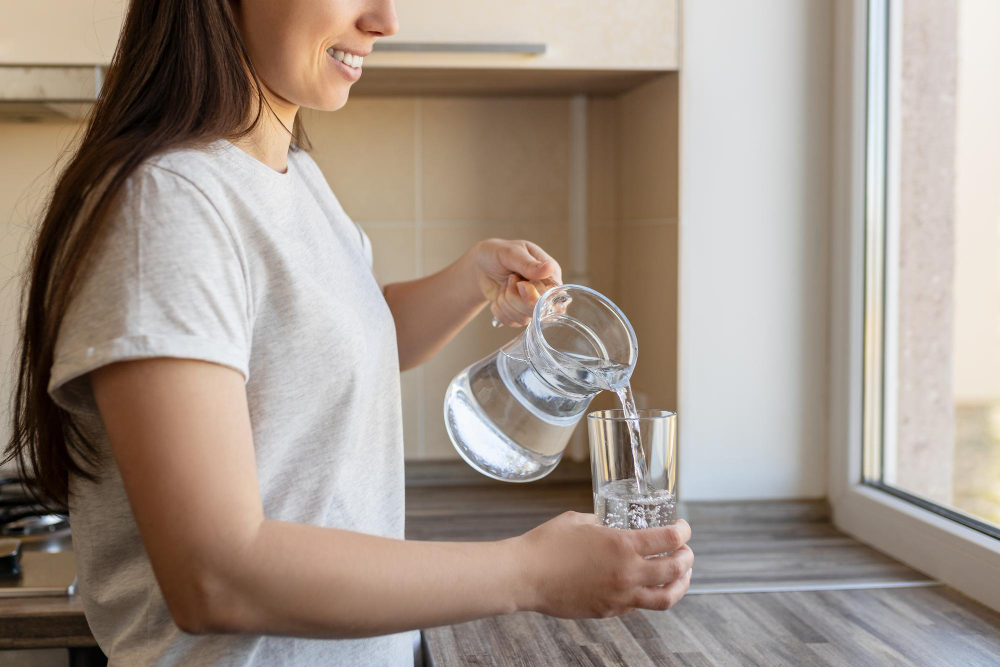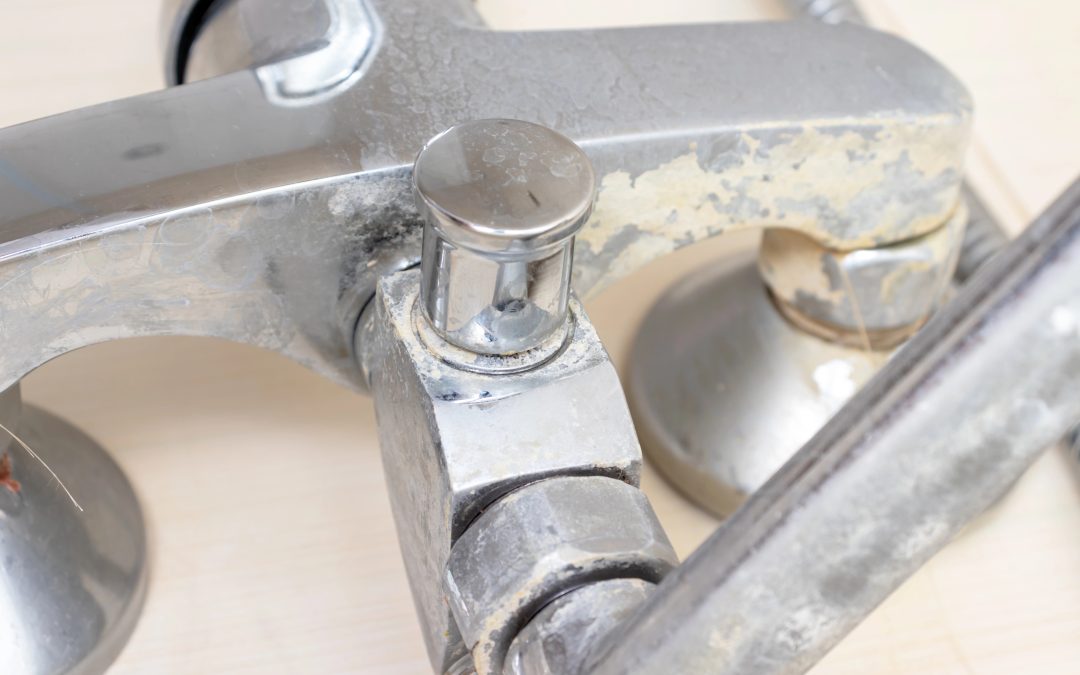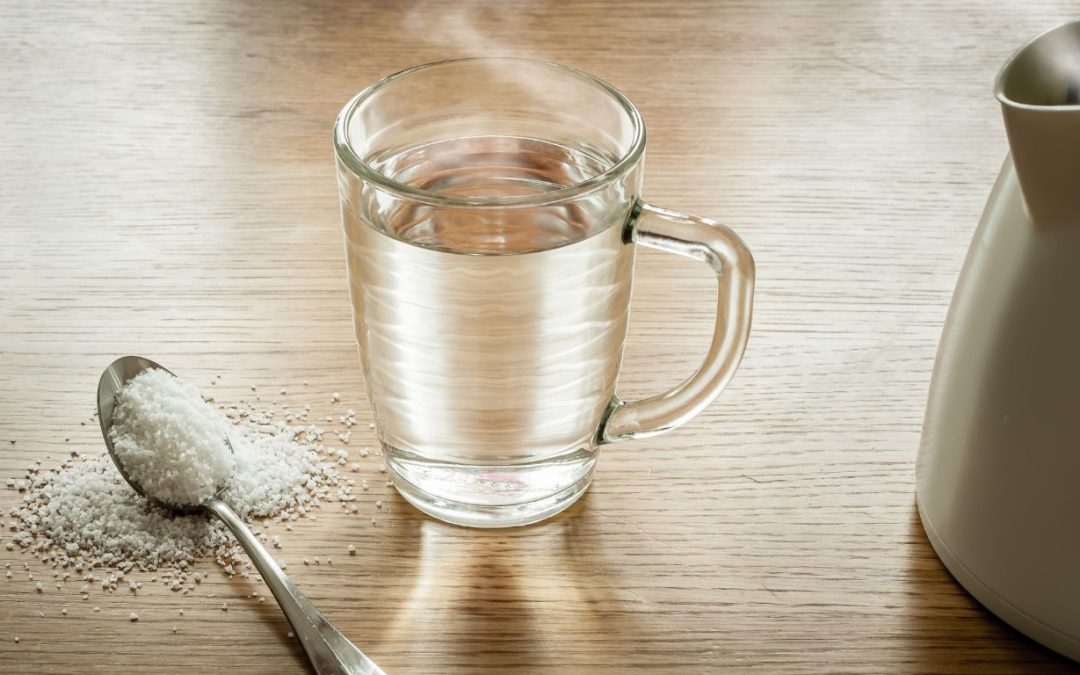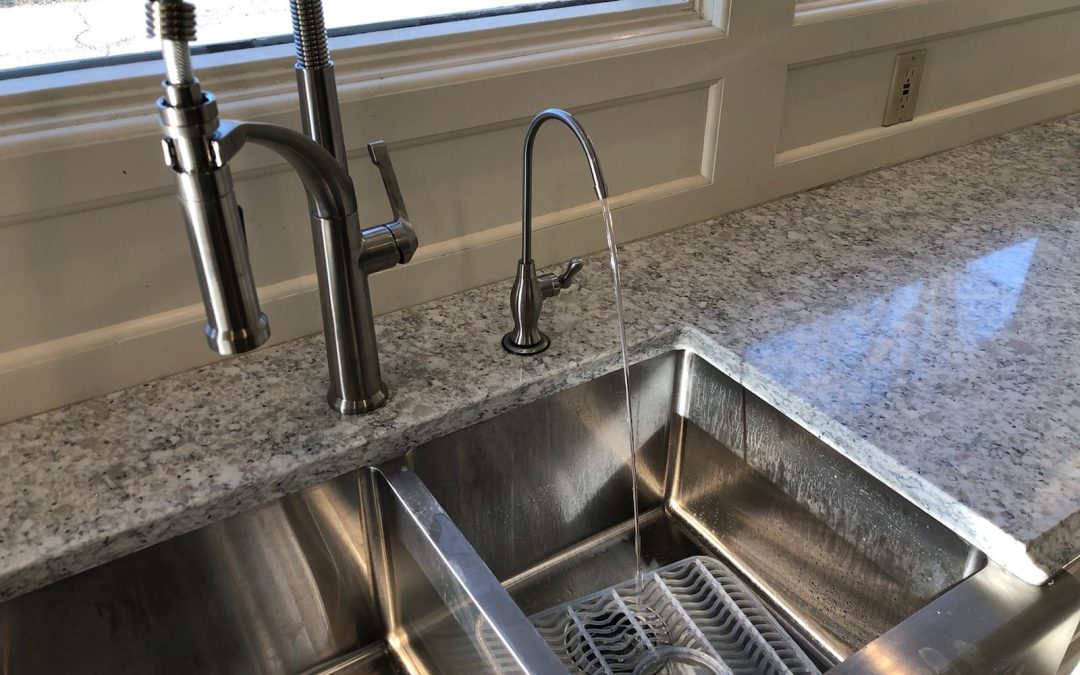
Is a Whole-House Water Filter Worth It? Benefits and Considerations
Imagine transforming the water quality throughout your entire home. A whole-house water filter can make this a reality by elevating the quality of water from every tap. These systems may improve not only the taste and odor of your water but also its overall clarity and feel, positively impacting your daily routine. As you explore the benefits, it’s also worth weighing the cost against the long-term advantages these systems offer.
Whole-house filters address impurities found in both municipal and well water. If you’re evaluating filtration options, Aquatek Water Conditioningprovides professional systems that outperform off-the-shelf products in both performance and longevity.
Why You Should Consider a Whole-House Water Filter
Common water quality issues—like chlorine, sediment, bacteria, PFAS, or hard minerals can affect everything from how your water tastes, the way it interacts with your plumbing, and even your health. A whole-house water filter treats these issues at the point of entry, ensuring every tap in your home delivers improved water.
To make the right decision, it’s important to understand the specific contaminants in your local supply. Schedule a free water testwith Aquatek Water Conditioning to get accurate results and system recommendations.
Applying the right filtration system can help achieve cleaner water. Benefits can mean softer hair and skin, better appliance efficiency, overall water enjoyability, and reduce the likelihood of consuming contamination from your water supply. Not to mention fewer water-related headaches down the line. With expert help, you can choose a system designed specifically for your water and your home.
Key Benefits of Installing a Whole-House Water Filter
Whole-house filters are more than just a convenience—they provide comprehensive protection against a wide range of impurities that may be present in municipal or private water sources. These systems are designed to address concerns like sediment, chlorine, organic material, and other contaminants that affect water quality throughout the home. By improving the baseline quality of your water, they help protect your family’s health and your home’s plumbing and appliances.
Unlike point-of-use filters, a whole-house system ensures consistent water quality throughout the home, without needing filters at each faucet. For deeper insights, see how planning for water treatment during constructioncan maximize long-term value.
Key Facts About Whole-House Water Filters
- These systems treat all water as it enters the home, helping to reduce sediment, organic matter, and other contaminants that may be in your water.
- Filtered water may improve skin and hair by reducing harsh elements that dry out or irritate.
- Mineral buildup in pipes and appliances is reduced, helping lower maintenance costs and extend equipment life.
- Reverse osmosis systems, often used in tandem, can further improve taste and clarity.
- The EPArecognizes that the effectiveness of water filters depends on matching system type to local contaminants underscoring the value of professional guidance.
- Studies by the WQAshow that homeowners increasingly prioritize whole-home filtration for its combined health and appliance protection benefits.
Cost Considerations for Whole-House Water Filters
While the upfront cost of a whole-house filter system may seem significant, it often pays off through appliance and fixture protection and less frequent plumbing repairs. Long-term, this can result in meaningful savings.
These systems also offer value in the form of cleaner, better-feeling water that can improve comfort and reduce dry skin, irritation, or buildup in bathrooms and kitchens. Technological advancements in water treatmentcontinue to improve efficiency and reliability.
Choosing the Right System for Your Home
Selecting the best system requires a solid understanding of your water supply—whether municipal, well, or pond—and the specific concerns you’re looking to address. Different filters serve different purposes, so professional water testing and system sizing are key steps.
Your local source and environmental conditions matter, and water across our area varies greatly. Learn more about our regional water challenges and your specific water qualityby reaching out to us today.
Enhanced Quality Through Reverse Osmosis
Reverse osmosis (RO) systems are commonly paired with whole-house filters to further enhance water quality at drinking faucets. These systems remove a wide range of dissolved contaminants, improving taste, smell, and clarity. They’re also low-maintenance and long-lasting.
Learn more about RO systems hereto see how they can complement your whole-house setup.
The Importance of Professional Consultation
Because no two homes or water profiles are exactly alike, a professional consultation ensures your system will work efficiently and effectively. From accurate pricing to system sizing and maintenance planning, expert input saves time, money, and frustration.
To better understand why over-the-phone quotes aren’t recommended, see our guide on personalized system quotes.
Customer Testimonial:
“I had a fantastic experience with Josh T. Josh came to service our water filter system. He was professional and punctual, and took the time to explain how the system was working and what he did to keep it running smoothly. Highly recommend Aquatek Water Conditioning!”
– Kristine K.
Frequently Asked Questions
What’s the difference between point of entry and point of use systems?
Point-of-entry systems treat all incoming water, while point-of-use systems only treat water at individual faucets.
How often should filters be replaced?
It depends on your system and water quality. High sediment levels may require more frequent replacements.
Will a whole-house filter help my skin and hair?
Depending on your water profile, and the recommended application, it can improve the overall feel for skin and hair.
Can a filter eliminate all contaminants?
While no single system removes every possible contaminant, the right combination of technologies—selected based on professional water testing—can effectively address the most common and potentially concerning impurities found in your water. With expert guidance, you can achieve a level of filtration that supports both peace of mind and everyday use.
What does maintenance involve?
Routine maintenance includes checking filters, inspecting seals and connections, and monitoring pressure and flow. Proper care ensures long-term system performance.
Why Homeowners Trust Aquatek Water Conditioning
Investing in whole-house water filtration isn’t just about improving your water quality—it’s about protecting your home, your health, and your peace of mind. At Aquatek Water Conditioning, we’ve built our reputation on decades of local expertise, honest service, and proven solutions that truly work for Northwest Ohio and Southern Michigan homes.
As a locally owned and operated business, we take pride in offering personalized, professional guidance without pushy sales tactics. Our team is dedicated to helping you make informed decisions—because we believe that trust is earned, not assumed. From free water testing to expert system recommendations and dependable service, we’re here to help you feel confident every step of the way.
Ready to experience the Aquatek difference? Contact us todayto schedule your free water consultation and discover a custom water treatment solution designed for your home and your peace of mind.





Recent Comments